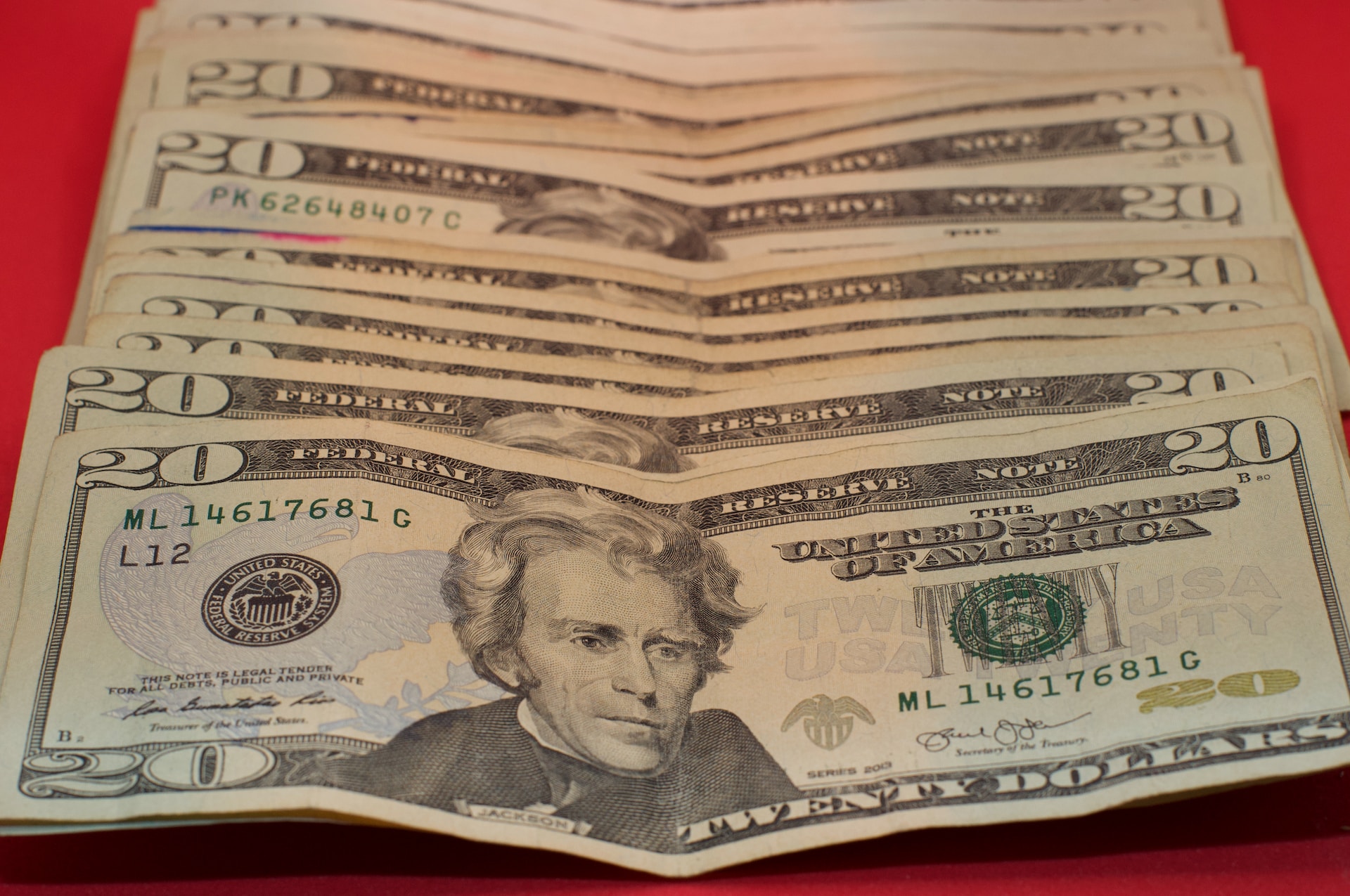Contents
Introduction
What is consumer confidence-In an ever-evolving global economy, understanding consumer confidence is paramount for businesses, policymakers, and investors alike. It serves as a barometer of economic health, influencing consumer spending, business investments, and market behaviors. In this comprehensive article, we delve deep into the intricacies of consumer confidence and its profound implications.
Understanding Consumer Confidence
Consumer confidence, in essence, is the pulse of the economy. It reflects the collective sentiment and optimism of consumers regarding their financial well-being and the overall economic landscape. But why is it so crucial?
The Importance of Consumer Confidence
Consumer confidence isn’t just a feel-good metric; it wields tangible power. When consumers are confident in their financial future, they are more likely to spend, invest, and contribute to economic growth. Conversely, a lack of confidence can lead to cautious spending, decreased investments, and economic stagnation.
Factors Affecting Consumer Confidence
Consumer confidence isn’t a one-size-fits-all concept. It’s influenced by a myriad of factors, each playing a vital role in shaping perceptions and outlooks.
Economic Stability
- Employment Rates :One of the cornerstones of consumer confidence is job security. Low unemployment rates and consistent job opportunities can boost consumer optimism, while layoffs and job market instability can erode it.
- Inflation :Rising prices can dent consumer confidence as people worry about their purchasing power. Conversely, stable or decreasing inflation rates can have a positive impact.
- GDP Growth :Economic growth often translates to improved job prospects and income levels, which, in turn, bolster consumer confidence.
Political Climate
1. Government Policies
Government actions, such as tax policies and economic stimulus packages, can significantly impact consumer sentiment. Policies that promote economic stability tend to bolster confidence.
2. Elections and Governance
The uncertainty surrounding elections and political transitions can create waves of apprehension among consumers. Stable governance, on the other hand, can instill confidence.
Social and Cultural Influences
1. Media Perception
Media plays a pivotal role in shaping public opinion. Positive news about the economy can uplift consumer confidence, while negative narratives can lead to pessimism.
2. Public Perception
Consumer confidence is also influenced by the collective mindset. If people perceive economic conditions as favorable, it can create a positive feedback loop of confidence.
Measuring Consumer Confidence
To understand and harness consumer confidence effectively, we need reliable metrics and tools.
Surveys and Indices
1. Consumer Confidence Index (CCI)
The CCI is a widely used gauge that quantifies consumer sentiment. It surveys consumers’ views on current and future economic conditions, providing valuable insights.
2. Retail Sales Data
Monitoring retail sales trends can offer real-world data on consumer behavior, helping to validate survey results.
Psychological Factors
1. Perception of Personal Finances
Individual financial perceptions are a key driver of consumer confidence. Feeling secure about one’s financial situation usually leads to more confident spending.
2. Attitudes Toward Spending
Consumer attitudes toward discretionary spending can serve as a leading indicator of economic health. A willingness to spend often aligns with positive confidence levels.
The Impact of Consumer Confidence
Consumer confidence isn’t just an abstract concept; it has concrete implications for the economy and financial markets.
Economic Implications
1. Consumer Spending
High consumer confidence levels correlate with increased spending, driving economic growth. Conversely, low confidence can lead to reduced spending and economic slowdowns.
2. Business Investment
Confident consumers are more likely to invest in big-ticket items, stimulating business investments and job creation.
Market Behavior
1. Stock Markets
Consumer confidence can sway stock market performance. Optimistic consumers tend to invest more in stocks, driving market gains.
2. Currency Markets
Currency markets can also be influenced by consumer confidence. Strong confidence may lead to a stronger domestic currency as foreign investors seek opportunities.
Strategies to Boost Consumer Confidence
Given its far-reaching impact, both governments and businesses actively seek ways to bolster consumer confidence.
